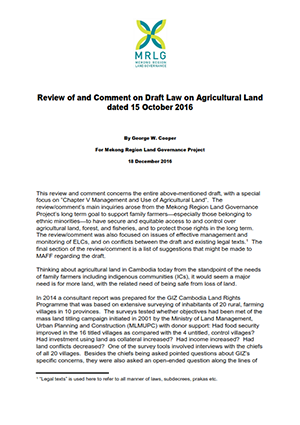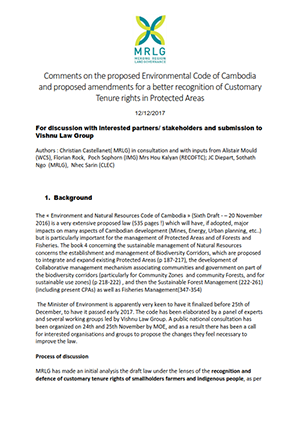Control and ownership of assets within rural Ethiopian households
There is renewed interest in the intrahousehold allocation of welfare, particularly among economists studying poor countries where even slight differences in the allocation of household resources can have dramatic consequences on child and female nutrition, morbidity, and mortality (Haddad and Hoddinott 1994; Rose 1999; Dercon and Krishnan 2000). The evidence collected so far tends to demonstrate that the allocation of consumption and leisure among household members varies systematically with their relative contributions to household total income (Thomas 1990; Alderman et al.











